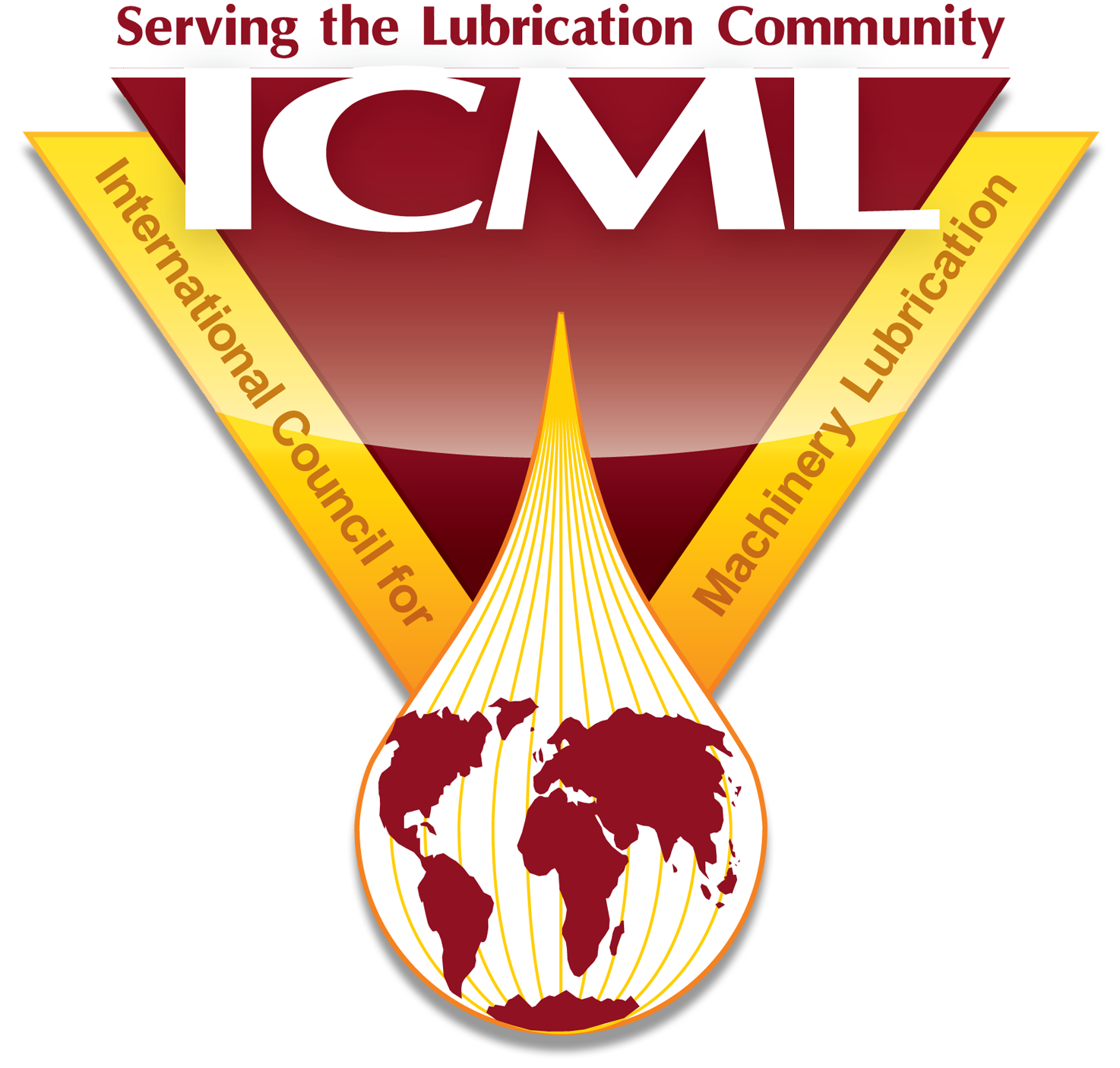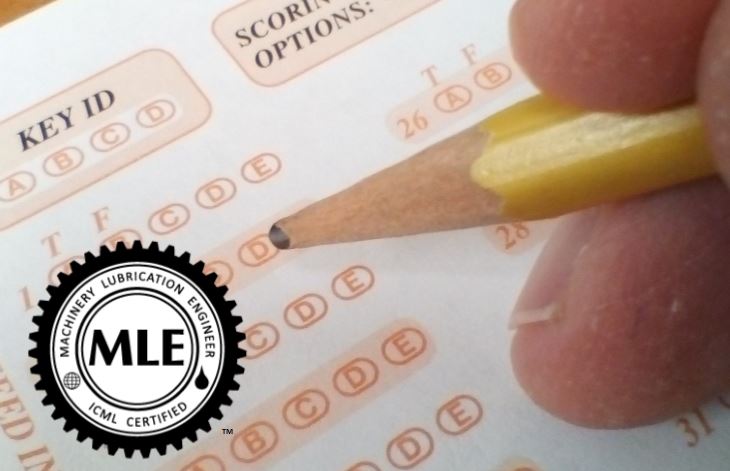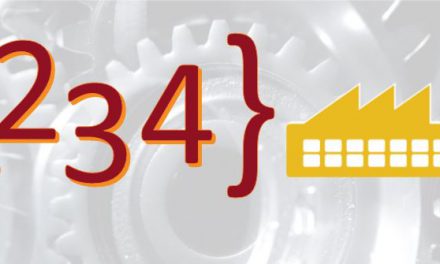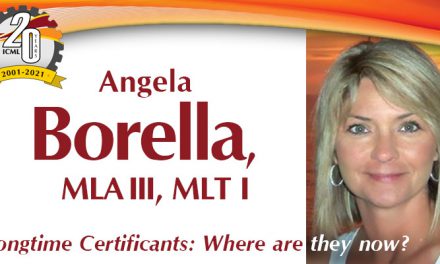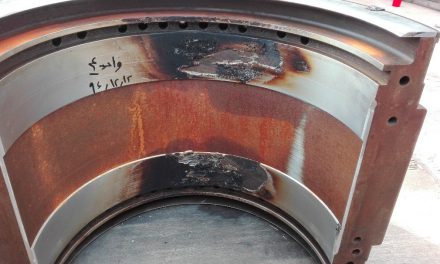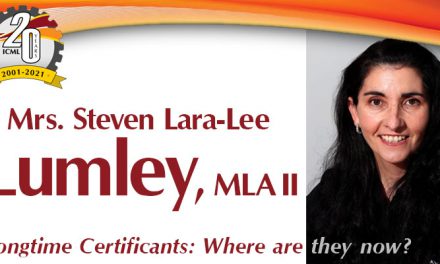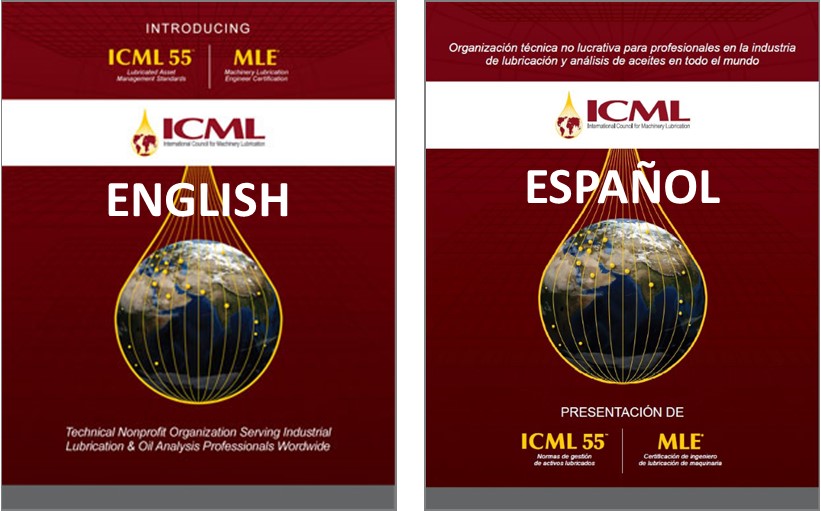Paul Hiller, ICML, March 10, 2020 | When the International Council for Machinery Lubrication (ICML) rolled out its new Machinery Lubrication Engineer (MLE)® certification last year, we anticipated a healthy interest from active practitioners seeking to manage entire lubrication programs. Basically, the MLE scope is beyond that of our other certifications, but as you read this article you will find practitioners of all stripes have been sitting for the exam.
MLE covers a comprehensive, 24-part body of knowledge (BoK) derived from an extensive domain of resources. ICML’s committee of 35 subject matter experts researched, wrote, and vetted questions for several years in order to produce a 150-question exam—larger than any other ICML certification exam. It is not a continuation of MLA or MLT levels; rather, it is a standalone certification that was purposely developed alongside the new ICML 55™ standard for lubricated asset management, and it happens to benefit from the MLA and MLT experiences.
Our introductory press release and other posts last spring reported that this “engineering-grade, management-level certification” targets reliability and asset leaders with a strong emphasis in lubrication and oil analysis. We also noted that there was no formal training requirement such as with our other certifications, so most candidates in 2019 conducted whatever amount of self-preparation they deemed necessary to sit the exam with confidence. (By the time of this printing, several independent trainers have completed or are currently developing optional preparation courses to support the MLE.)
Now that practitioners around the world have been sitting this exam for the better part of a year, I thought potential candidates might be curious what these early adopters think about the MLE exam experience. So I contacted all of them and asked a few questions.
Why did you want to earn the MLE?
Not surprisingly, Machinery Lubrication Engineer candidates want to be certified for the same kinds of personal and career growth reasons that attract practitioners to MLA, MLT, and LLA.
Several respondents sat the MLE exam as a means to gauge their own knowledge gaps while also anticipating that certification would establish credibility with clients.
Pathiri N. Sampath, Sr. Condition Monitoring Tech at Qatargas Operating Company Ltd., acknowledges he sat the exam for personal self-assessment, “to refine, update, and evaluate my gaps in tribology. I still have a long way to go for deep understanding of primary and remedial solutions.” Wojciech Majka, President and CEO of Ecol and Ecol North America, similarly sees MLE as a means of gauging and establishing his comprehension of relevant industry knowledge. He says, “I feel the need for being up-to-date with latest industry standards and concepts” when outsourcing Ecol’s lubrication services to clients.
Never underestimate the power of personal satisfaction: “The test intrigued me. I wanted to be the first in my company to achieve it (and I was).” — Jeffrey DesArmo, Lubrication Engineer/Supervisor at WestRock
Of course, staying well informed is an ongoing challenge. With seven years in the lubrication business, Jose Camilo Valest Sandoval, Technical Support Engineer at Tritech, says he tries to keep up to speed with lubrication science through reading, research, and work experiences. But “we need an entity to certify that knowledge, and I found the better way in ICML and its certification.”
Lead Engineer Nnamdi Achebe at Petrosave Integrated Services Ltd. agrees. With over 25 years working with lubricated machines, Nnamdi says, “I needed to take the MLE exam to put a value-tag on my level of experience, knowledge, competencies, and professionalism which I bring to bear in my daily work.” Like Sandoval, he notes that this value is conferred by ICML’s authoritative status as “a platform that enjoys global acceptance…as well as acknowledged and respected by leading OEMs and lubricant manufacturers.”
Nurudin, S.T., Pertamina Lubricants Technical Specialist, adds a note about the confidence factor: “By having the MLE certification, it makes me feel confident to lead an excellent lubrication program and improvement, to achieve excellent plant reliability in my company facilities, and to assist our customers well.”
And this confidence is a necessary ingredient to pursue new career goals. For instance, Roger Story, Maintenance Manager at DSM Chemicals, saw his exam as a necessary step to achieve the certification that would be beneficial “to continue to develop and specialize my career in lubrication.”
Establishing credibility is a common benefit with all our certifications, but the uniquely broad scope of MLE takes things to a whole new level. Its BoK accommodates accumulated knowledge and expertise in a way that other certifications just don’t do—knowledge and expertise that can be accumulated only through practical experience. This fact is not lost on candidates who have been or who aspire to be managing entire lubrication programs.
“I have worked in the reliability maintenance industry for 15+ years and over that time I have continued to learn as much as I can about maintaining the function of industrial assets and operational systems,” says Gabriel Delgado, Sr. Technical Instructor at Freeport McMoran. “The MLE was an opportunity, within one body of knowledge in lubrication and asset management, to demonstrate my learned abilities through the certification.”
Nathan Thomas, Maintenance Reliability Engineer at Oxy USA, concurs as he offers his take on the long-term career application of MLE. “The average industrial plant engineer’s aim is to maximize the return on assets by optimizing each step in the life-cycle, from ‘cradle to grave,’” he says. “But other lubrication certifications available today have tended to focus on the knowledge and skills of technicians, analysts, and lubricant specialists. MLE is the industry’s only lubrication certification created specifically for testing the knowledge and experience of plant engineers as it relates to the management of assets.”
Of course, independent trainers also have good reason to be interested in earning MLE. It makes sense for them to familiarize themselves with the exam experience as they consider developing optional preparation courses for future candidates. In fact, ICML has a requirement in place that any individual trainer conducting a MLE preparation class must hold MLE certification first.
How did you prepare for the test?
Replies to this question ran the gamut from “not at all” to “months of reading.” Without formal training classes offered by independent trainers during most of 2019, last year’s candidates were forced to prepare through any combination of self-study, work experience, and bravado. To be helpful, ICML provided the MLE body of knowledge online and cross-referenced each section with resource materials and links in the domain of knowledge (DoK). (“Luckily, the Body of Knowledge is well documented, structured and provides a good spread of the exam’s questions,” notes Nnamdi.)
Never underestimate the value of work experience: “In a sense, I am constantly preparing by performing my job duties.” — Gabriel Delgado, Sr. Technical Instructor at Freeport McMoran
Every candidate is unique, so there is no one best way to prepare. Candidates who spent little to no time preparing for the MLE exam tended to be those with years working in the field as trainers and reliability engineers, already holding multiple certifications from ICML and elsewhere. I have opted not to mention here the names of respondents who told me no formal prep was necessary, as to do so might sound like bragging! However, their success does underscore the general perception among respondents that, with regard to earning a meaningful passing score, work experience offers an advantage over a strictly academic background. In fact, ICML requires MLE candidates to have at least five years’ post-secondary education or on-the-job training (i.e., “experience”).
Here Delgado makes another astute observation about the value of experience as it relates to exam preparation. Unable to perform formal study due to “a busy schedule teaching lubrication courses and performing reliability-lubrication audits on our equipment,” he concludes, “In a sense, I am constantly preparing by performing my job duties.”
Meanwhile, other experienced practitioners decided that using our BoK as a refresher launch pad might still be a good idea. OilDoc Managing Director Rüdiger Krethe, Cameco Fluid & Lubrication Specialist Brad Owen, and Optimain Ltd. Managing Director Danny Shorten were three such candidates. Krethe summarized it very simply, because it is such a straightforward approach: “I checked the BoK to see where I should have improvement, prepared, and went to the exam.” Owen’s experience was similar: “I reviewed the areas of examination on the ICML web site, and areas where I thought I could use improvement I searched out additional resources on the internet.” And Shorten says he looked over the BoK and “concentrated on elements that I knew were relevant to real-world engineering.”
In addition to tapping our BoK and DoK, other candidates also reviewed their own supplemental notes and papers from previous training classes and conferences. And—like Krethe, Owen, and Shorten—they have tended to focus on areas where they felt weakest. Those who had purchased the new ICML 55.1 Standard also made sure to read through that publication because ICML it was developed in concert with the MLE BoK.
The intensity and duration of self-study is entirely up to each individual candidate. Nnamdi says he “read very widely…almost all the technical articles from Noria’s magazines.” Majka says it took him a week to prepare. And Sandoval “studied by myself for two months.”
Meanwhile, Sampath developed a strict regimen of similar activity: “Three to four months, daily three to four hours of self-studying and reading lots of articles from machinerylubrication.com, my training notes from Noria, and ‘Maintenance and Reliability Best Practices’ book by Ramesh Gulati helped a lot.” Thomas also cited Gulati, as he says his exam preparation benefitted from a regular habit of “ongoing personal development through reading and examining lubrication and reliability-focused books by Heinz Bloch, Ramesh Gulati, and Ricky Smith.” Additionally, Thomas says he reviewed sample test questions that he had received in 2014 as part of his machinery lubrication and oil analysis training classes conducted by Noria Corporation (On a side note, Noria is a Full Member of ICML.)
Michael Holloway, President of 5th Order Industry, is one of the aforementioned trainers, whose company is also an Affiliate Member of ICML. He says he prepared for the exam by reading all the materials in our DoK, outlining the content, and building a training deck. As a trainer, it is easy to see how this activity could naturally serve a dual purpose: self-study for Holloway, and then a potential training deck for future candidates.
Finally, Nnamdi offers these last-minute preparation tips for the actual exam day:
- “The night before the exam day, in spite of my anxieties, I made sure I slept for eight hours.”
- “I arrived at the exam venue one hour ahead of commencement time so I could get 45 minutes to review my exam preparation notes.”
- “Several minutes of silent meditation in prayers to God.”
- “I avoided coffee that morning and made sure I emptied my bladder just before the exam started.”
He says, “These are very minor details, but they really count.” And any reader who has ever sat through a four-hour exam knows he is right!
More answers to come
Parts 2 and 3 of this article will continue this overview as MLE certificants respond to two more practical questions:
- What assumptions or concerns did you have about the exam, and were any of them proven to be correct or incorrect?
- What advice would you give to others considering MLE certification?
